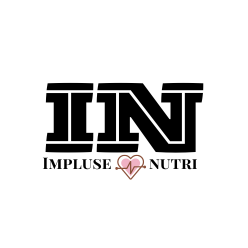-
1:-Daily Recommended Allowance (RDA): The Recommended Dietary Allowance for protein set by the U.S. government is 0.8 grams of protein per kilogram of body weight (or about 0.36 grams per pound). This is the minimum amount of protein needed to prevent deficiency, but it may not be sufficient for muscle building, especially if you’re physically active.
-
2:-Adequate Protein Intake for Muscle Building: Many experts recommend a higher protein intake for individuals who are looking to build muscle. A common recommendation is around 1.2 to 2.2 grams of protein per kilogram of body weight (or about 0.54 to 1 gram per pound). Athletes and people engaged in intense resistance training might aim for the higher end of this range.
-
3:-Individual Variation: It’s important to note that protein needs can vary widely from person to person. Factors like age, metabolism, training intensity, and overall calorie intake play a role in determining your optimal protein intake.
-
4:-Timing Matters: Distributing your protein intake throughout the day, rather than consuming it all at once, can be beneficial for muscle protein synthesis. Aim to include protein in each of your meals and snacks.
-
5:-Quality of Protein: The source of your protein matters too. High-quality protein sources like lean meats, poultry, fish, dairy, eggs, and plant-based options like tofu, tempeh, and legumes provide essential amino acids necessary for muscle growth.
-
-
-
6:-Hydration: Staying hydrated is crucial for muscle function and recovery. Water plays a role in many physiological processes, including protein synthesis.
-
7:-Consultation with a Professional: If you have specific muscle-building goals, it can be helpful to consult with a registered dietitian or a fitness professional who can tailor dietary recommendations to your individual needs.
-
Remember that simply increasing your protein intake won’t guarantee muscle growth. Resistance training and adequate calorie intake are also essential components of a successful muscle-building program. Furthermore, overconsumption of protein can lead to health issues, so it’s important to strike a balance that suits your goals and overall health.



